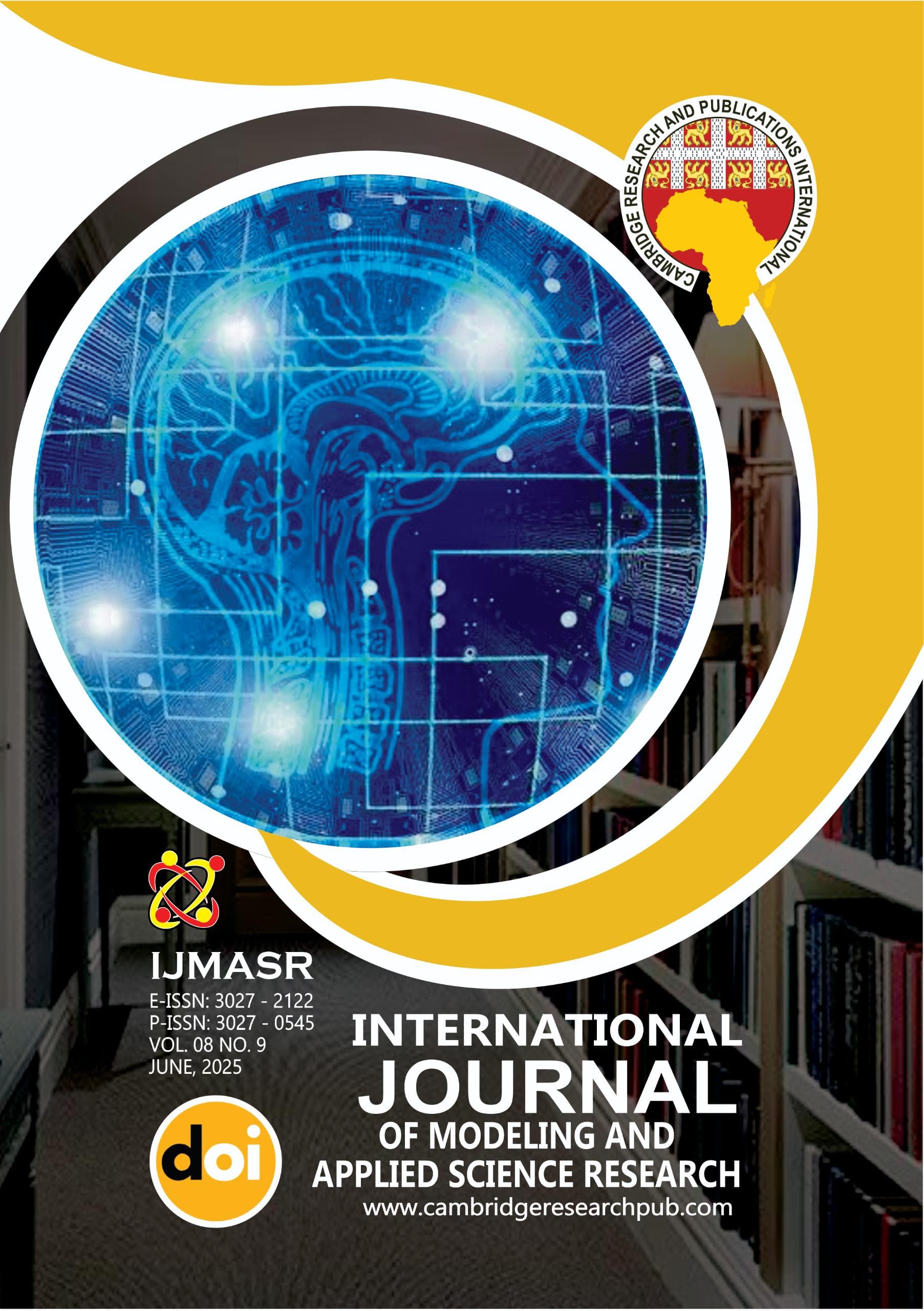PREDICTING STUDENT ACADEMIC PERFORMANCE USING MACHINE LEARNING
Main Article Content
Abstract
This work explores the use of machine learning techniques to predict student academic performance, particularly their final grades, using a variety of demographic, academic, and lifestyle factors. With data sourced from the UCI Machine Learning Repository, we implemented regression and classification models—including Linear Regression, Random Forest, Gradient Boosting, Support Vector Regression, and Support Vector Classification. Additional models, such as K-Nearest Neighbors (KNN), Neural Networks (MLPClassifier), and Naive Bayes, were also evaluated to provide a more comprehensive analysis. The regression models aimed to predict the actual grade score (G3), while the classification models categorized students into performance bands (low, medium, high). The project’s novelty lies in its dual-model approach to understanding and forecasting academic outcomes, offering granular and strategic insights. Results showed that ensemble models performed best, while alternative models offered interpretability and benchmark value. Insights from this project could inform early interventions by educators and support data-driven policy decisions.
Downloads
Article Details
Issue
Section

This work is licensed under a Creative Commons Attribution 4.0 International License.




